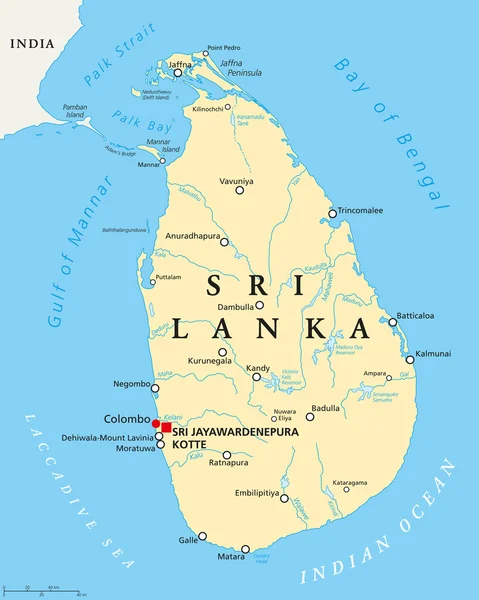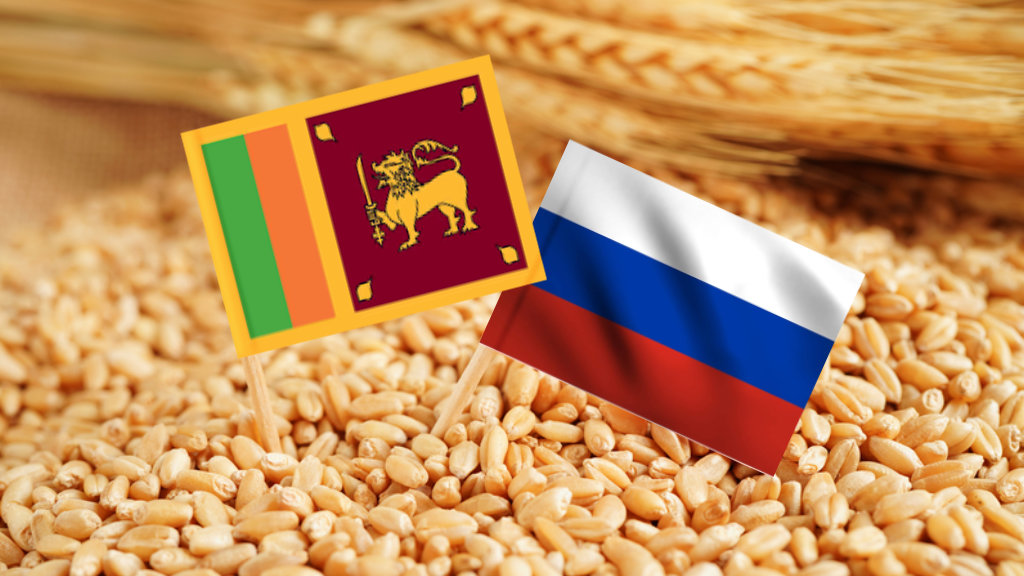One of the many criticisms of the manner in which Brussels has managed its sanctions policy against Russia has been the knock-on effect it has had on third party countries. This has actively damaged the European Union’s credibility in the eyes of numerous countries, many of them in the global south.
An example is a shipment of Russian fertilizer, which has finally departed Latvia to commence its voyage to Sri Lanka, Russian fertilizer producer Uralchem has stated. The vessel, MV Asian Majesty, has been anchored in the Bay of Riga with 55,000 tons of potash on board since early 2022, due to EU sanctions.
That delay has coincided with Sri Lanka suffering a triple whammy of economic problems – its vital tourism sector was reduced to zero during covid, terror attacks derailed a planned tourism recovery, oil and food prices went through the roof and the government effectively went bankrupt resulting in loan defaults. It was the worst economic crises in its history, which significantly impacted Sri Lanka’s agricultural output, ability to import replacements, and led to mass shortages. Food security problems affected all sectors of the Sri Lankan economy, putting millions of Si Lankans at risk of food insecurity. It also created significant social unrest in the country.
Uralchem CEO Dmitry Konyaev said that “Potash is an essential nutrient for the growth and reproduction of plants, and its use in crop farming is vital for consistent yield gains. We are proud to contribute to the stability of Sri Lanka’s farming sector and the wellbeing of its people.”
According to the company’s statement, inspections showed that the fertilizer remained in good condition despite its long-term storage on the ship and would contribute to improving vital crop farming in the country.
This is the sixth free fertilizer shipment by Uralchem to countries facing risks of food shortages as the company aims to “alleviate the effects of an unprecedented global food crisis.”

To persuade EU sanctions regulators to remove the blocking of its products, to other markets, the Uralchem Group – one of the largest fertilizer producers in the world – has donated around 190,000 tons of fertilizers to developing nations while also handling the sea freight and other delivery costs. Yet it has still taken the European union two years to agree to these humanitarian measures.
The company said that in collaboration with the United Nations World Food Programme (WFP), over 166,000 tons of vital fertilizers have been shipped from European ports — to Malawi, Kenya, Nigeria, and Zimbabwe, in addition to Sri Lanka.
A total of 262,000 tons of Russian fertilizers have been blocked in 2022 at ports in Latvia, Estonia, Belgium, and the Netherlands.
Sri Lanka, which has a strong European colonial past and ties with Portugal, the Netherlands and the United Kingdom, has recently moved to request membership of the BRICS and has become a dialogue partner of the Shanghai Cooperation Organisation, which includes Russia, China and India, partially as a result of its treatment by Brussels. Important infrastructure development projects in Sri Lanka, such as the management of its new international airport and a new power plant built by Iranian contractors are also now being awarded to BRICS countries and not European investors.
The simple equation is that membership of blocs involving Russia are now proving more reliable than relations with Brussels. Another question to ask is how many other smaller nations in the global south now feel the same way as a result of European behaviour.
Further Reading
Russian Outbound Tourism Up 8.8% In Q1 2024
Continue Reading





 Русский
Русский









